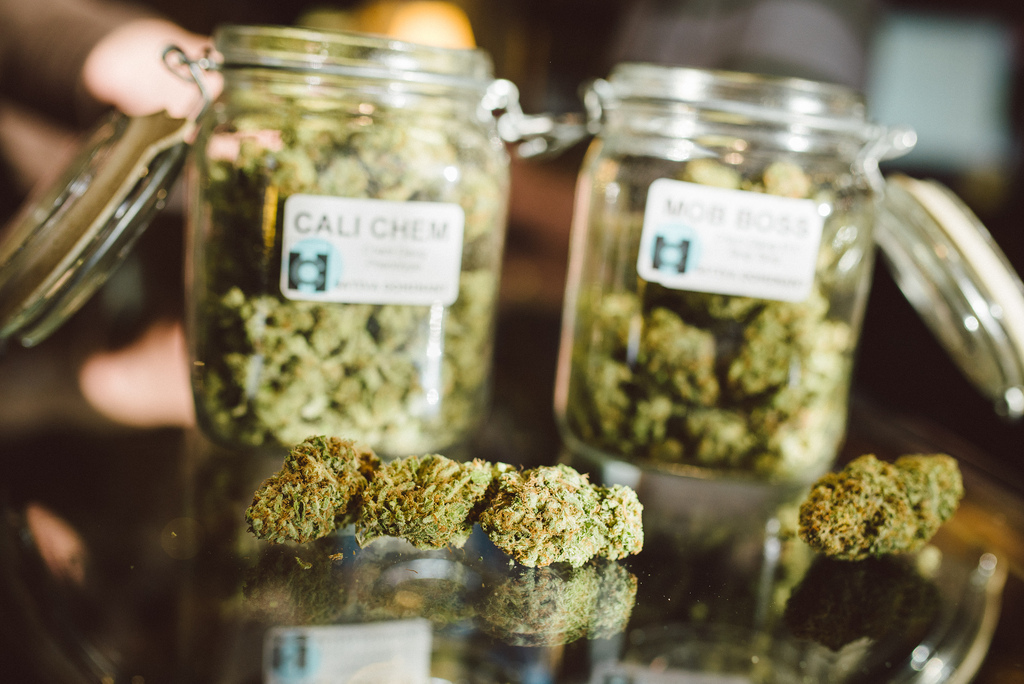Coloradoans Will Be Able To Buy Pot Tax-Free For One Day, And One Day Only

(DEARTH !)
So why the tax holiday? Included in Colorado’s Tax Payer’s Bill of Rights is a requirement that voters have to approve new taxes in Colorado based on estimates of collections and state spending. Once that amount is exceeded, refunds can be triggered and the tax is supposed to revert to zero. Voters approved the 10% pot tax and the 15% excise tax (paid by dispensaries and other marijuana sellers) in 2013, a year after recreational marijuana was legalized. And although pot taxes only raised $58 million in 2014, below the estimated $70 million, overall state collections were beyond projections.
Because of this, Colorado will ask voters in a November ballot initiative whether they want to keep the money raised from pot taxes — slated mostly for school construction and educational initiatives for students about marijuana — or not, in which case taxpayers and businesses would receive refunds.
To comply with the part of the law that says pot taxes must revert to zero, lawmakers have decided to waive pot taxes for that one day, and one day only. Sept. 16 was chosen, as it’s the day after Colorado finalizes the state’s books for the previous fiscal year.
To be clear, this only means the state won’t be collecting the specific marijuana sales tax of 10% and 15% excise tax that day, but the regular sales tax of 2.9% and other local taxes and fees may apply. Medical marijuana will also still be taxed.
That means pot buyers can expect about a $20 discount on a the price of a mid-grade ounce of pot in the Denver area, notes the Associated Press, where an ounce sold for about $200 before tax this summer.
Officials estimate the holiday will cost the state anywhere between $3 million and $4 million, most of that due to the loss of excise taxes, and not what consumers would’ve paid, the Denver Post reported in June.
“At first I was in disbelief we were doing this,” the owner of a dispensary in a Denver suburb told the AP. “Once our lawyer said, no, we really are doing this, we started getting ready. We’re thinking there will be huge crowds.”
Residents can’t plan on this happening every year, however: it’s one-time deal, though a permanent sales-tax break on recreational marijuana will go into effect in July 2017 as mandated by law, lowering the rate to 8%.
“This is only a first-year problem,” said Sen. Pat Steadman, who authored House Bill 1367 [PDF], which places the measure to either approve keeping the tax revenue or returning it to tax payers. “We’ll never have this problem again.”
Colo. to waive marijuana taxes for one day [Associated Press]
Want more consumer news? Visit our parent organization, Consumer Reports, for the latest on scams, recalls, and other consumer issues.

